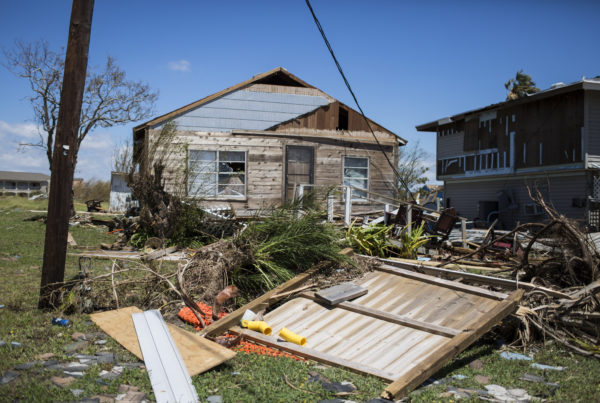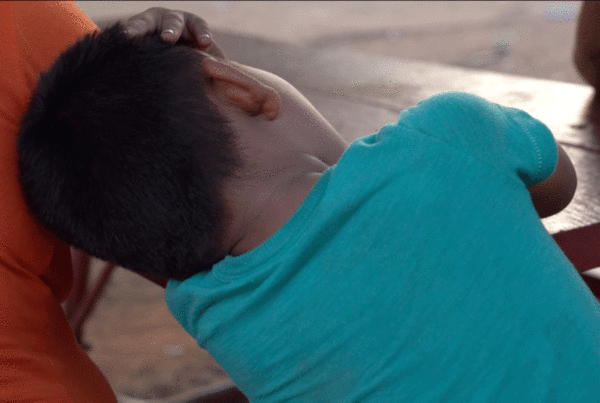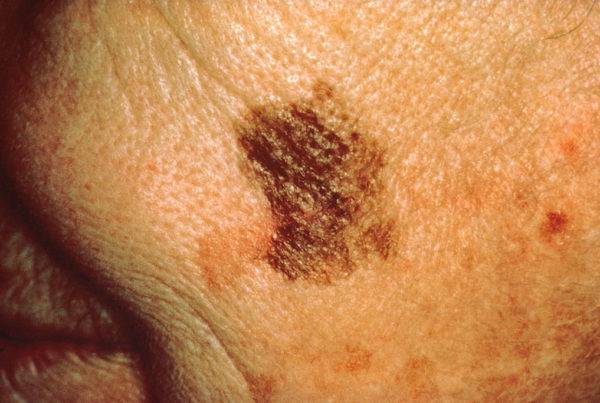Following several reports of Americans dying after suspicious heart attacks at hotels in the Dominican Republic, tourists are left wondering if they should change their summer travel plans.
In 2018, a record 6.9 million people visited the Dominican Republic, according to the Global News Wire. Nine American tourists have died there in recent months. The U.S. Department of State has recently moved the Dominican Republic’s safety rating from “exercise normal precautions” to “exercise increased caution.”
James “Wally” Brewster served as U.S. ambassador to the Dominican Republic during President Barack Obama’s second term. Brewster is a Texan who has returned to Dallas. He says those considering a trip to the Dominican Republic should heed state department advice. And they be cautious when eating or drinking in any new country. Travelers should keep the phone number of the nearest U.S. embassy on their person for emergencies, and be aware of the closest medical facility that accepts their insurance.
“There’s always a few things you can do [in a foreign country,]” Brewster says. “Remember you’re not in the United States, so always use precautions because our laws and protocols do not apply in other countries.”
Officials representing the resorts where tourists died have said that they believe the deaths to be heart attack-related, and not connected to their hotels. However, families of the deceased have speculated that bootleg alcohol might be to blame. The FBI is working with Dominican officials to do toxicology tests on the victims – the results of which have yet to be released.
Brewster warns against visiting the specific resorts where suspicious deaths have occurred, until the results of toxicology tests are made public. He says the Dominican Republic is still a good place for a summer vacation.
“I say go have a great time in the Dominican Republic it really is a great country with a great culture and beaches,” Brewster says. “I would still stress, we need to continue to figure out what is happening and make sure that these are isolated incidences.”
Written by Marina Vences.

















